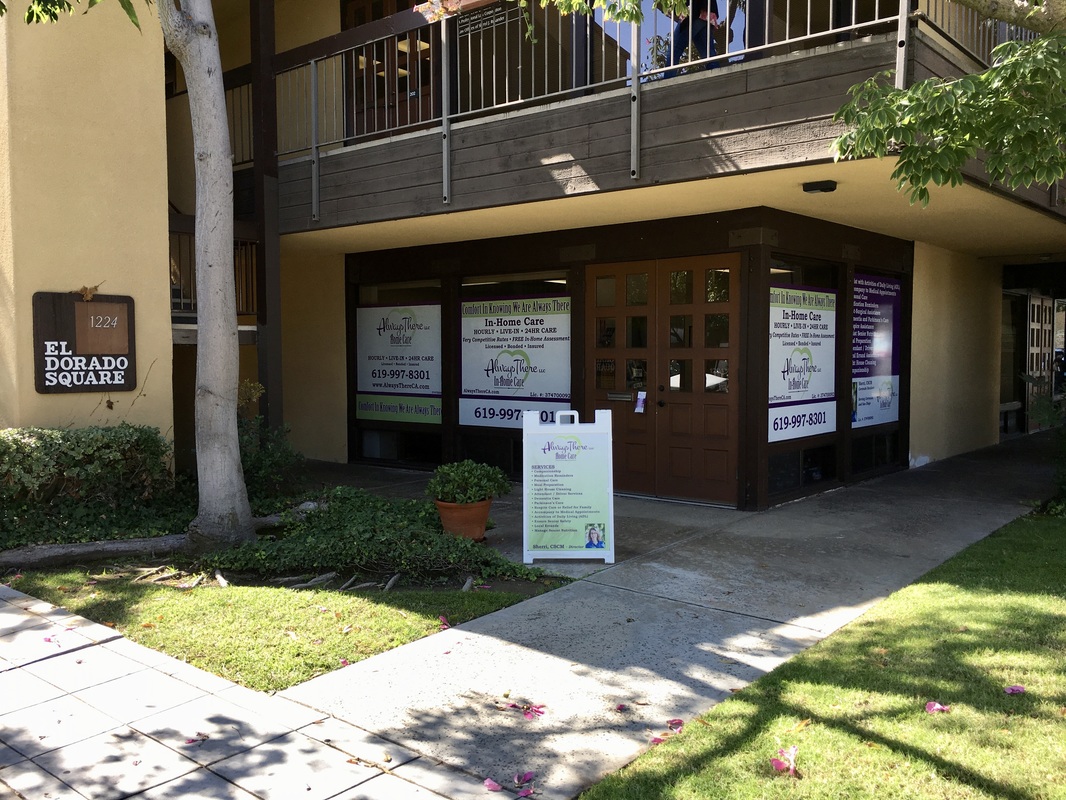Caregiving runs through my veins. I’ve cared for my mom, my sister and my dad, all through the last days of their lives. I know the stress, the agony, the helplessness and the emptiness. And I know the value of peace of mind and support, knowing my family members are cared for.
With more than 40 million Americans preparing to care for an elder in the United States, I know I’m neither unique nor alone. The prospect of caring for an aging loved one can be daunting and caregiving can quickly become your most important role. Luckily, a helping hand exists in virtually every community across the country.
For me, caregiving is not only personal, it’s professional. As the President and CEO of Meals on Wheels America, caregiving is at the heart our mission. Our network of more than 5,000 community-based organizations across the country makes sure our aging or ailing loved ones and neighbors can live independently at home for as long as they choose. It’s not only a practical option - it saves families, the healthcare system and taxpayers a substantial amount of money.
And Meals on Wheels isn’t just about the nutritious meals that get hand-delivered each day. Millions of American families sleep better at night and can continue their daily routines and responsibilities because they know that Meals on Wheels is keeping a watchful eye over their loved ones. When other competing responsibilities make it impossible or difficult for us to be there, Meals on Wheels can make sure our parents, grandparents and others important in our lives are cared for, and that someone is there to raise a red flag if something doesn’t seem just right.
Meals on Wheels can also be an appropriate solution during care transitions - when a patient moves from one healthcare provider or setting to another. More than 2.5 million seniors are readmitted to the hospital within 30 days of being discharged, typically because the care they receive upon return is insufficient. Meals on Wheels can provide the nutritious meal and daily check-in from a caring volunteer that is critical to getting them back on their feet.
Depending on where your loved one is on the continuum of need, keeping them at home, where they want to be, can make sense with the right support. Just because mom or dad has hung up their car keys for good and can’t drive to the grocery store anymore doesn’t mean they’re incapable of caring for themselves. Malnutrition knows no economic bounds and Meals on Wheels is a simple, affordable solution.
No matter what care path is right for you and your loved one, reach out for the help and resources that are readily available in your community. That peace of mind can make all the difference.
With more than 40 million Americans preparing to care for an elder in the United States, I know I’m neither unique nor alone. The prospect of caring for an aging loved one can be daunting and caregiving can quickly become your most important role. Luckily, a helping hand exists in virtually every community across the country.
For me, caregiving is not only personal, it’s professional. As the President and CEO of Meals on Wheels America, caregiving is at the heart our mission. Our network of more than 5,000 community-based organizations across the country makes sure our aging or ailing loved ones and neighbors can live independently at home for as long as they choose. It’s not only a practical option - it saves families, the healthcare system and taxpayers a substantial amount of money.
And Meals on Wheels isn’t just about the nutritious meals that get hand-delivered each day. Millions of American families sleep better at night and can continue their daily routines and responsibilities because they know that Meals on Wheels is keeping a watchful eye over their loved ones. When other competing responsibilities make it impossible or difficult for us to be there, Meals on Wheels can make sure our parents, grandparents and others important in our lives are cared for, and that someone is there to raise a red flag if something doesn’t seem just right.
Meals on Wheels can also be an appropriate solution during care transitions - when a patient moves from one healthcare provider or setting to another. More than 2.5 million seniors are readmitted to the hospital within 30 days of being discharged, typically because the care they receive upon return is insufficient. Meals on Wheels can provide the nutritious meal and daily check-in from a caring volunteer that is critical to getting them back on their feet.
Depending on where your loved one is on the continuum of need, keeping them at home, where they want to be, can make sense with the right support. Just because mom or dad has hung up their car keys for good and can’t drive to the grocery store anymore doesn’t mean they’re incapable of caring for themselves. Malnutrition knows no economic bounds and Meals on Wheels is a simple, affordable solution.
No matter what care path is right for you and your loved one, reach out for the help and resources that are readily available in your community. That peace of mind can make all the difference.

 RSS Feed
RSS Feed
